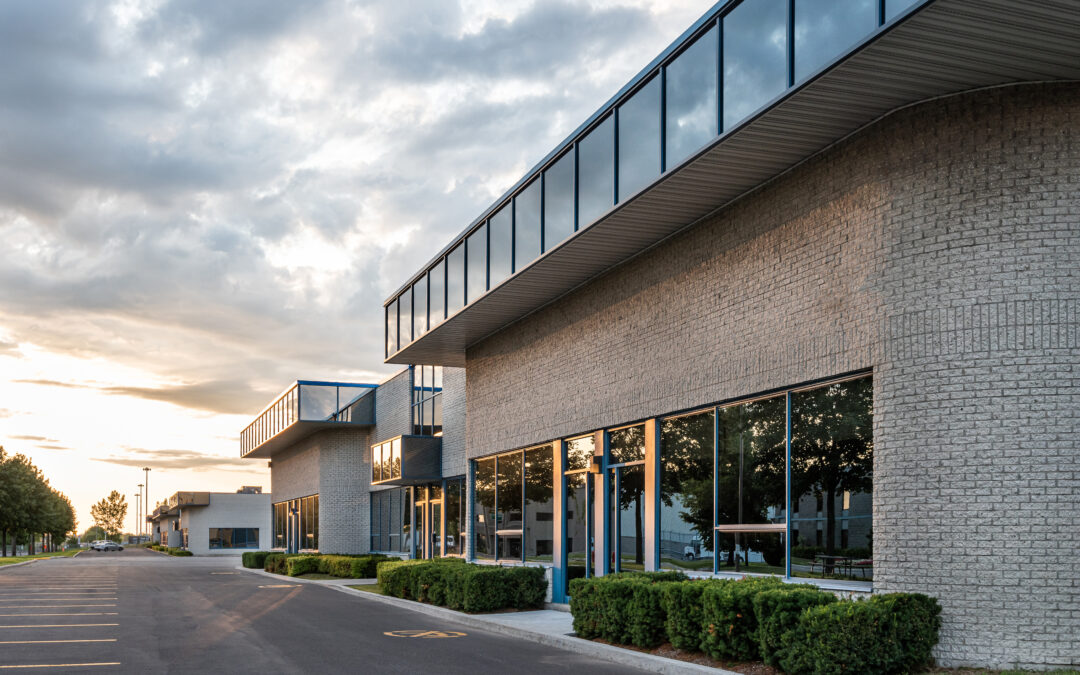Facilities management might seem like a behind-the-scenes function, but it’s crucial to the smooth operation of any organization. It encompasses a broad range of activities that ensure all built environments, like office buildings, schools, hospitals, and shopping centers, function as efficiently as possible. This blog explains what facilities management entails, why it’s so important, and how it affects every aspect of an organization.
What is Facilities Management?
Facilities management is the integration of processes within an organization to maintain and develop the agreed services that support and improve the effectiveness of its primary activities. This management domain encompasses multiple disciplines to ensure the built environment’s functionality, comfort, safety, and efficiency by integrating people, place, process, and technology.
Key Components of Facilities Management
Facilities management covers many services and responsibilities, broadly categorized into hard and soft facilities management.
- Hard Facilities Management: This involves physical assets such as plumbing, heating and cooling systems, elevators, and other mechanical and electrical services that must be maintained over time. Compliance with health and safety standards and adherence to building codes also fall under this category.
- Soft Facilities Management: Soft services ensure the workplace is comfortable and safe. These services include cleaning, landscaping, security, catering, and other duties that improve the workplace environment.
The Importance of Facilities Management
Effective facilities management plays a pivotal role in the functionality of an organization. Here’s why it’s so essential:
- Enhances Productivity: Well-maintained facilities create an environment where employees can work effectively and efficiently.
- Safety and Compliance: Regular maintenance and inspections ensure that facilities meet legal safety standards and protect the well-being of occupants.
- Cost Efficiency: Proactive maintenance can significantly reduce the need for expensive emergency repairs and extend the lifespan of the building’s systems and equipment.
Challenges in Facilities Management
Facilities management faces several challenges that require expertise and strategic planning:
- Adapting to New Technologies: As building technologies evolve, facilities managers must stay current on innovations that can improve efficiency and sustainability.
- Regulatory Compliance: It is a constant challenge to keep up with changing regulations and ensure compliance to avoid fines and other penalties.
- Managing Costs: Balancing the need for immediate repairs and long-term investment in infrastructure can be difficult but is crucial for financial planning.
The Role of a Facilities Manager
A facilities manager coordinates all efforts related to planning, designing, and managing buildings and their systems. Key responsibilities include:
- Strategic Planning: Developing long-term plans to increase the efficiency and adaptability of physical spaces.
- Day-to-Day Operations: Overseeing the daily operations of facilities to ensure they are safe and functioning efficiently.
- Emergency Response and Risk Management: Implementing safety protocols and responding swiftly to facility-related emergencies.
Facilities management goes beyond merely keeping a building operational—it’s important for maintaining a productive and safe work environment. At Pioneer Properties, we specialize in providing comprehensive facilities management services, ensuring everything from electrical safety to overall building maintenance is handled professionally. By choosing Pioneer Properties, you entrust your facilities to a team dedicated to minimizing risks and enhancing the operational efficiency of your environment. Let us take care of your facilities so you can focus on driving your business forward and be secure in the knowledge that every aspect of your physical space is managed by experts.


